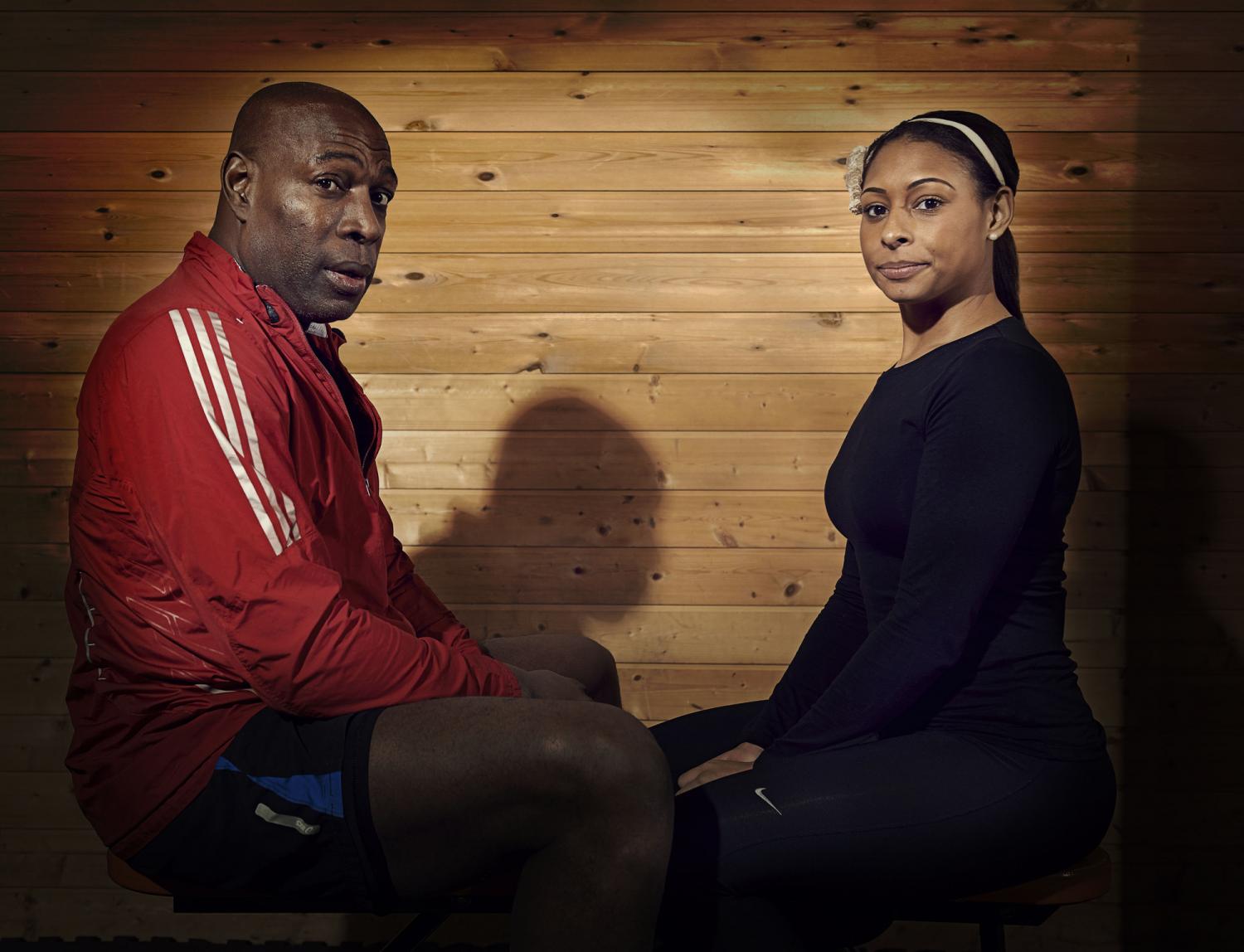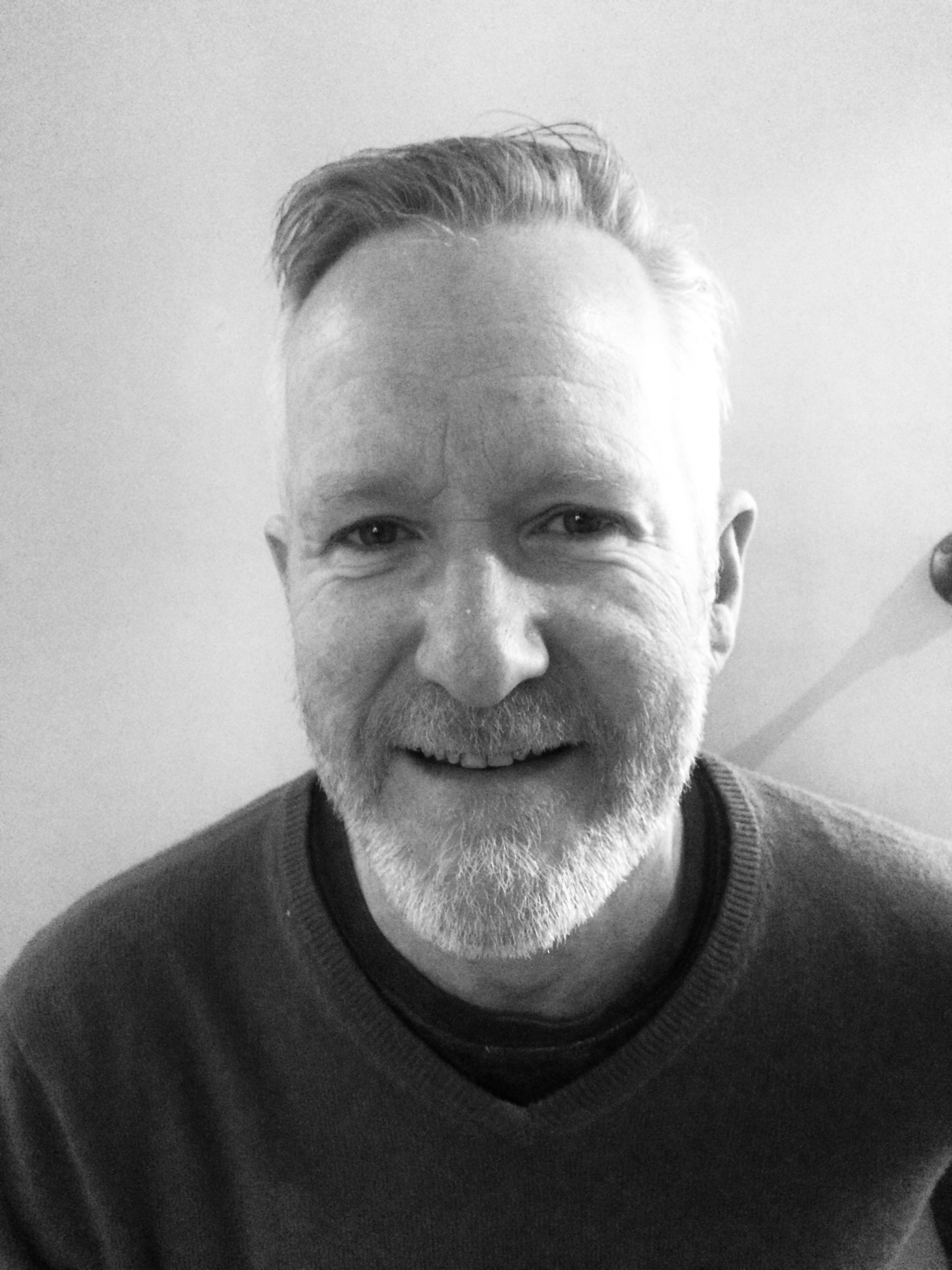Frank Bruno: Bipolar Disorder and Me

The latest updates, reviews and unmissable series to watch and more!
You are now subscribed
Your newsletter sign-up was successful
Want to add more newsletters?

ONCE A WEEK
What to Watch
Get all the latest TV news and movie reviews, streaming recommendations and exclusive interviews sent directly to your inbox each week in a newsletter put together by our experts just for you.

ONCE A WEEK
What to Watch Soapbox
Sign up to our new soap newsletter to get all the latest news, spoilers and gossip from the biggest US soaps sent straight to your inbox… so you never miss a moment of the drama!
In the BBC3 documentary Rachel Bruno: My Dad and Me, Frank Bruno's daughter investigates her father's bipolar disorder, meeting other sufferers and revealing how it has impacted on famly life. Here, former world heavyweight champion Frank pulls no punches as he talks to TV & Satellite Week about how he has battled bipolar disorder since retiring from boxing...
Frank, when did you first realise you might have a mental health problem?
“I noticed something was wrong when I finished boxing. When I was fighting I was really busy and I didn’t have the energy to worry about bipolar.”
Your daughter, Nicola, signed the papers when you were first sectioned. Did that affect your relationship?
“It did a bit but, at the end of the day, I accepted that I wasn’t right and I didn’t hold a grudge against here. She’s my daughter, she had the right to do it, and at the time I needed to go into hospital.”
You had a relapse last year. How are you feeling now?
“I’m feeling a little bit more positive and confident in what I’m doing. There are good days and bad days, but I’m happier and getting the strength to move on a bit further. Sometimes you’ve got to be low before you can get up. But some people can’t get themselves out of that and that’s why they want to commit suicide and crazy things like that. Nothing like that enters my head, but when you’re down, sometimes you can’t get out of that hole you’re in.”
What sort of things make you feel better?
The latest updates, reviews and unmissable series to watch and more!
“The sunshine, ducking and diving, keeping busy, doing things up and down the country. I love watching people. I remember a teacher telling me: ‘You’re never done learning about life through meeting people.’”
Do you think your bipolar is linked to experiences from your childhood in any way?
“I don’t know what triggered it. I was brought up in a house, I had my own bedroom at one stage, until my brother came over from Jamaica and I had to sleep in the dining room. I got sent off to boarding school, left at 16 with no education. It could have been anything that triggered it – even a punch on the head.”
Was it a very strict upbringing?
“My mum was old school. She was a nurse. I went straight into boxing, so I never had time to have bipolar or feel sorry for myself. My mum gave me a couple of weeks to get a job or she would have kicked me out. She was very tough. If I’d had my way, I would have just dossed around.”
Did you get into trouble a lot when you were younger?
“I was a little bit naughty. I was attracted to the bad elements of the criminal world. But I haven’t robbed anybody or done anything dodgy, because I was too scared to do that.”
What have you learned as a family from this process?
“I should open up to my kids a bit more. Since the programme was made, I understand Rachel a little bit more and vice versa. Also my mum now realises when I go quiet and stony–faced, I’ve not got the hump, I’m under pressure. It’s like being a duck – on top of the water you look cool, but underneath you’re paddling away like crazy, struggling with bipolar and depression.”
How big an impact did retiring from boxing have on your mental health?
“It was difficult. I wish I’d talked to a lot more people, and I wish they had something now that could help other sportsmen who’ve gone down the same route and got themselves into trouble. A lot of sportsmen suffer from depression when they retire.”
What would you like people to take away from watching this programme?
“Don’t cross the road to avoid, or look down on, people who are going through sadness. Half the world needs some sort of medication, counselling or therapy, whether it’s yoga, meditation or whatever, just to get your brain balanced. It’s not nice laughing at someone, saying ‘That one’s a nutter’, when it could happen to you. You wouldn’t like no one laughing at your mum or dad, or your brother – so what you wouldn’t like, you shouldn’t do to others.”
How would you describe the extreme highs and lows of bipolar disorder?
“Some days you’re hyper, full of beans. Others you’re very low and can’t get out of bed. You don’t have to be bipolar to feel like that. Sometimes, rather than the arm round your shoulders, you need a kick up the backside instead of feeling sorry for yourself. If you look at what’s happening in the world today, you realise how lucky you are.”
How have you found taking medication for the condition?
“Sometimes you take the pills and you can’t even get upstairs to bed – you’re like a zombie. I don’t want to be like that for the rest of my life.”
Do your fans approach you and talk about your illness?
“A lot of people tell you their mum, aunt, sister or cousin is going through the same thing. There’s a recession and people are losing their homes and jobs, so that could put them in a depression. A lot of people are going to the doctor to get a tablet because they can’t handle it.”
How much do you miss the fight game?
“It’s impossible to replace the buzz – the training camp, the crowds, the press conferences. But whatever job you do, some time you’ve got to retire, hang up your gloves and find something else to do – gardening, knitting, something to occupy your time. Boredom can be a dangerous thing. Everyone says ‘I’d love to retire’, but sometimes, when people retire, that’s when they get ill.”
How do you occupy yourself?
“Gardening, watching films, documentaries about sharks, reading books. I’ve always been a quiet sort of guy, even though sometimes it might seem I’m a bit loud and lairy. I’m a private person and I like my own company. I’ve lived by myself for about 10 years since I got divorced.”
Do you think you would find it hard to live with someone else again?
“If my kids wanted to come live with me, I could handle that. It would be hard to adjust to though. I’m used to being on my own now – cooking, doing bits and pieces, going to the supermarket.”
How does the battle with bipolar compare with your toughest fights in the ring?
“It’s been one of the biggest challenges of my life and I’m just getting on with it. I’m not sitting here looking for sympathy. I just take the tablets and monitor what I do, what I eat, where I go, what I say, how I say it. I’m under the microscope.”
If you could push a button and get rid of your bipolar, would you do it?
“I wouldn’t change me for the world. I’ve been through ups and downs, had happy days and sad days. I just know I don’t want to get sectioned again and go to one of those crazy houses – they’re not nice places.”

Ian writes about TV and film for TV Times, What’s on TV and TV & Satellite Week magazines. He co-hosts the weekly TV streaming podcast, Bingewatch.

